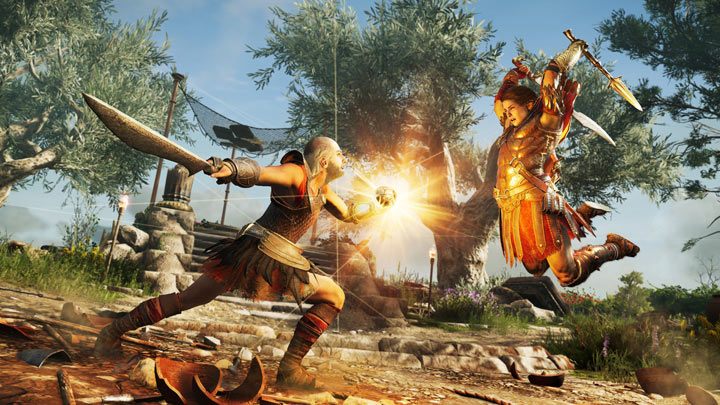Game as a service. 7 worst practices of publishers and developers
Table of Contents
Each publisher is looking for their " hen laying golden eggs;" a game that could keep a specific number of players engaged for a long time, mostly using the model of introducing new content via the so-called seasons. New products often come down to simple cosmetic changes or new maps, additional levels or new characters that once would be part of the release-day version. Sometimes, it's possible to do it in a fair and skillfull manner, and sometimes it's immediately obvious that the studios just want to have a game-service, without a clear idea for how to develop it in the future.
This was the case of almost every online game by Electronic Arts in recent years. A lot of criticism also fell on Activision, which has so far ended support for Call of Duty multiplayer after just a year, when the next installment of the series was released. Only now, after the IP has been taken over by Microsoft, there are signals that this is about to change. In addition, game-services suffer from too much emphasis on microtransactions, cutting old content (Destiny 2) or the permanent Internet connection requirement – even if the game is played in single-player mode (Gran Turismo 7). It's almost scary to think what the long-announced (though not officially) form of game-service would look like in case of Assassin's Creed or Far Cry.

Marvel prefers single, not service
The fact that players generally prefer single-player games, and games-services are an extremely difficult undertaking, is evidenced by Marvel productions, released in short time intervals. The Marvel's Avengers looter-shooter game-service by Square Enix failed miserably. Despite extraordinary popularity of the entire universe, no one wanted to play the Avengers, and the reviews were not too favorable.
However, released shortly afterwards by the same company, Marvel's Guardians of the Galaxy, was a typical single-player, one-time endeavor, and it proved a huge artistic success! Many even consider them one of the best games of 2021. Unfortunately, the warm welcome from players and reviewers did not translate into satisfactory sales results – at least not by Square Enix' standards. The publisher complained about the numbers, mostly attributing them to the fact that it was a new IP entering the market, and does not rule out a follow up.
Recognition from the community is already a good starting point for a wider marketing campaign next time. It turns out that keeping players interested through the right mechanics and adding new content is still a very difficult challenge that many creators and publishers cannot cope with – even in an extremely popular universe.




